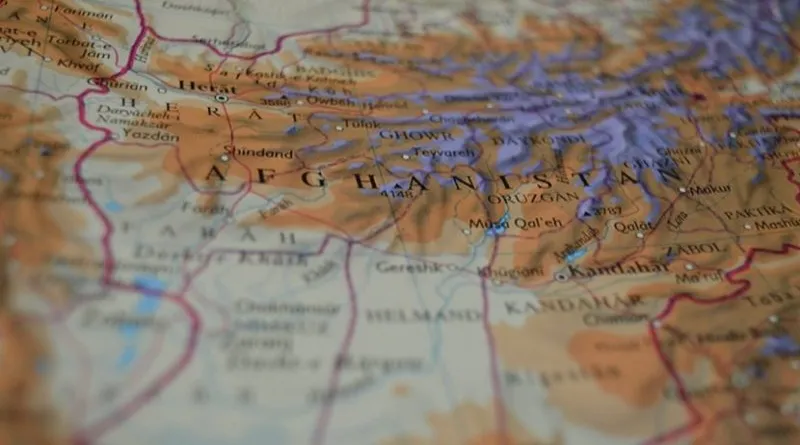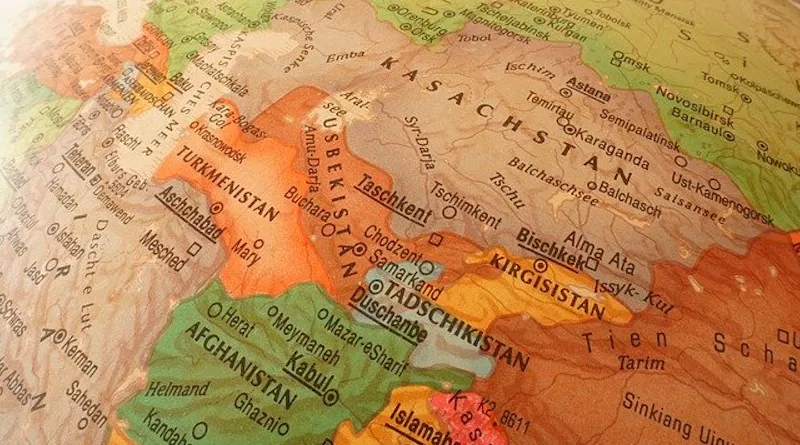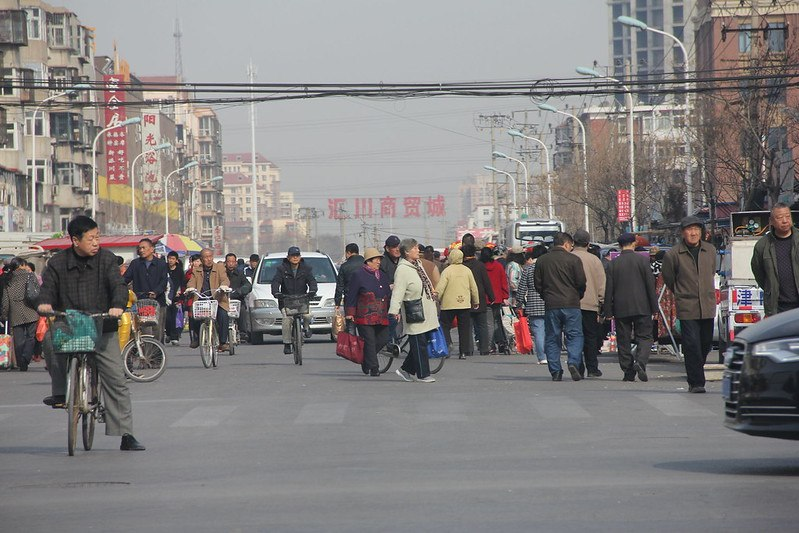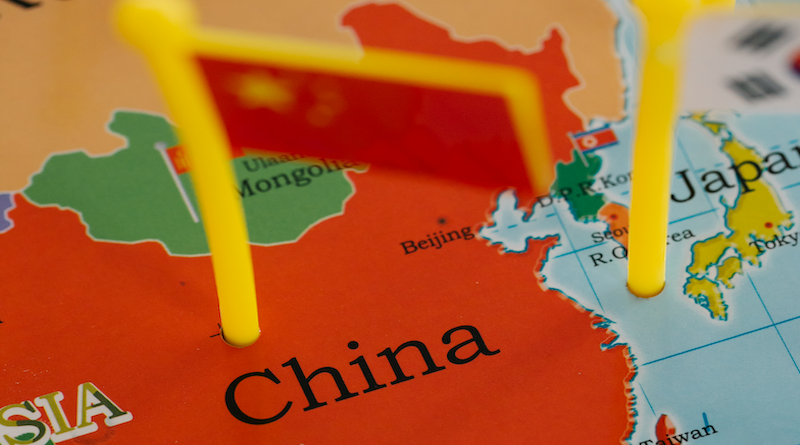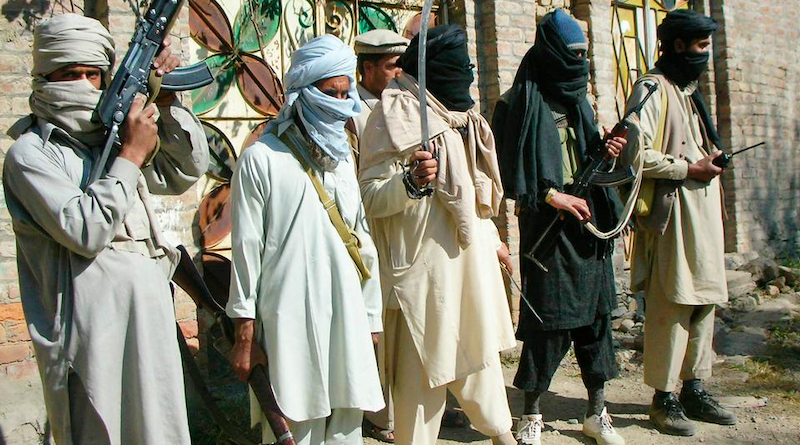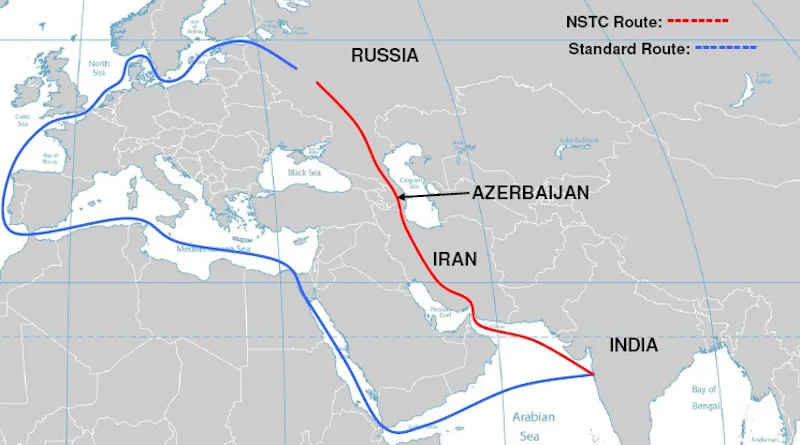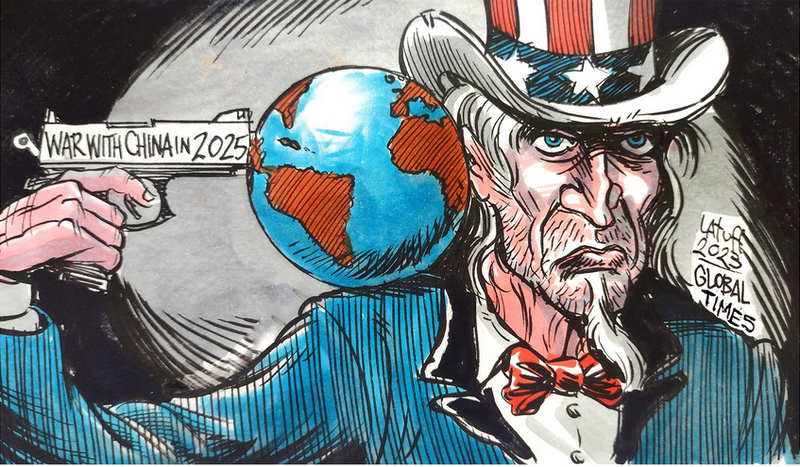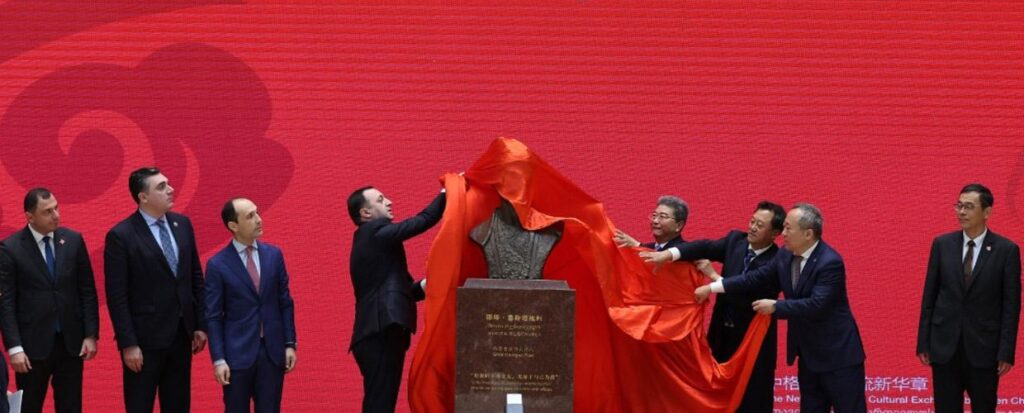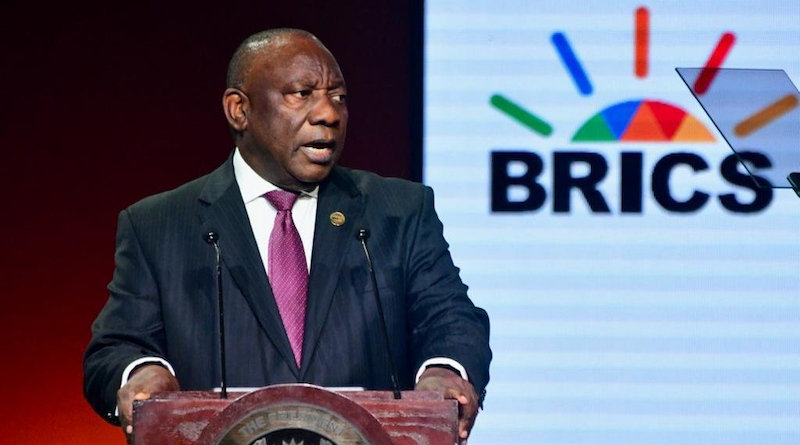Afghanistan’s Ongoing Humanitarian Crisis: An Urgent Call For International Action – OpEd
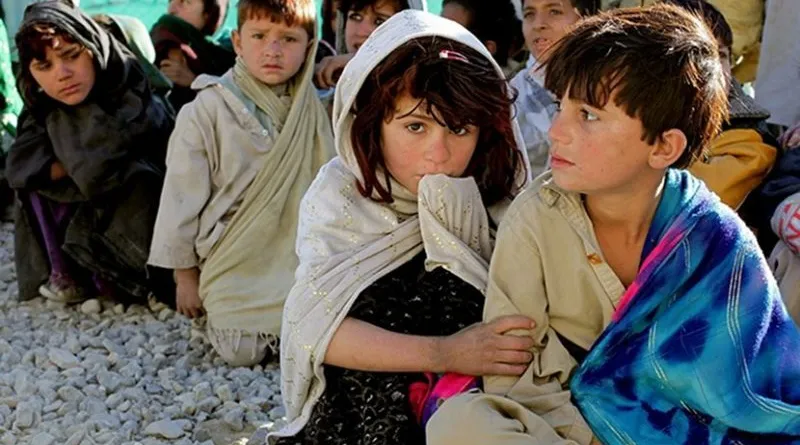
Afghanistan remains in the grip of multiple crises, with its humanitarian situation worsening by the day. A recent report by the United Nations Office for the Coordination of Humanitarian Affairs (OCHA) reveals the alarming scale of the crisis, with over 70 percent of the Afghan population—approximately 29.2 million people—in dire need of humanitarian assistance.

